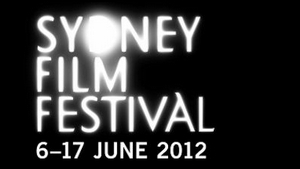
Between the 6th and 17th of June, the 2012 Sydney Film Festival screened more than 150 films to more than 120 000 Australian film goers…just one of whom was yours truly.
Although not quite as large or prestigious Melbourne International Film Festival, there’s no doubt that Sydney’s standing has been improving in recent times. This year, programmers took particular advantage of their festivals convenient placement in the international film festival calendar,
snapping up several features hot of their premiere at Cannes last month (and perhaps stealing some of MIFF’s thunder in the process).
Amongst the Cannes titles, Michael Haneke’s Palme d’Or winning Amour and Leo Carax’s Holy Motors proved to be two of the highlights for many festival goers, as did Sundance favourite Beasts of the Southern Wild. I didn’t see any of those three (a conscious decision, as I knew I’d be able to catch them at MIFF later in the year) – I did, however, see the audience award winning Monsieur Lazhar, which was deservedly nominated for Best Foreign Language Feature at the Academy Awards earlier in the year.
Less popular with many was Alps, from Dogtooth director Yorgos Lanthimos. The divisive picture proved a controversial choice by the SFF Jury, who named it Winner of the Sydney Film Prize. Regardless of the official results however, there’s no doubt that this year’s Sydney Film Festival, like all film festivals, was a decidedly mixed bag. Below you can find short reviews of all twelve films I saw during my six days at SFF, ranked from best to worst.
———————————————————————————————————

UNDEFEATED (USA)
This year’s Oscar winner for Best Documentary, Undefeated (not to be confused with Sarah Palin puff-piece The Undefeated) chronicles the season of a Memphis high-school football team. It’s a fairly typical sports movie in a lot of ways, but achieves ten times the resonance because you know
the story is true. The drama builds both on and off the field, and by the final act you’ll be in tears.
———————————————————————————————————
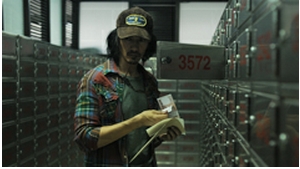
HEADSHOT (THAILAND)
A sleek, stylish neo-noir from Thai director Pan-Ek Ratanaruang, Headshot follows a contract killer struggling to get back in the game after a bullet to the head turns his vision upside down. Tense and beautiful, the crisp cinematography recalls the films of David Fincher, while the non-linear storytelling recalls the films of Christopher Nolan.
———————————————————————————————————
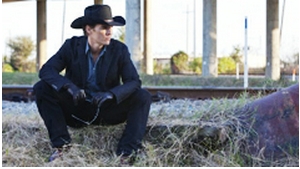
KILLER JOE (USA)
Matthew McConaughey (yes, that Matthew McConaughey) is utterly unhinged as a Texas police officer moonlighting as a hitman in William Friedkins’ Killer Joe, a twisted, Texploitative slice of perverse, ultra-violent black comedy that fully earns of its NC-17 rating in the States.
———————————————————————————————————
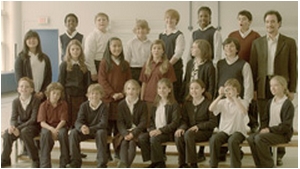
MONSIEUR LAZHAR (CANADA)
After a much loved teacher in a Montreal elementary school commits suicide, the principal hires Algerian refugee Bachir Lazhar as a replacement. Writer/director Philippe Falardeau employs naturalistic direction to relate a simple but powerful tale of people dealing with grief, and coaxes excellent, understated performances out of adult and child cast-members alike.
———————————————————————————————————
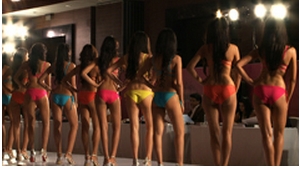
THE WORLD BEFORE HER (CANADA)
This fascinating documentary juxtaposes two groups of contemporary Indian woman against each other: one, a group of Hindu fundamentalists at a militant training camp; the other, the competitors in the 2011 Miss India pageant. The film makes great use of editing, and raises lots of interesting questions about modernisation vs. traditionalism, and the problems that come with both.
———————————————————————————————————
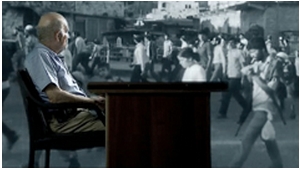
THE LAW IN THESE PARTS (ISRAEL)
This Israeli documentary, winner of a Grand Jury Prize at Sundance, consists of interviews with the judges and lawmakers responsible for the laws that govern the occupied territories of the West Bank and Gaza Strip. The way it repeatedly emphasises the subjective nature of documentary filmmaking does make it a little dry, but by the final few “chapters” it really starts to hit home.
———————————————————————————————————
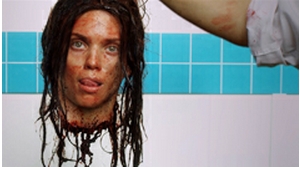
EXCISION (USA)
Richard Bates Jr.’ low rent suburban psycho-drama centres on a maladjusted teenage girl whose sexual fantasies revolve mostly around disembowelment and decapitation. The ghoulish imagery is only somewhat effective, but the performances – especially from leading lady AnnaLynne McCord and ex-porn star Traci Lords as her domineering mother – are excellent, as is the chilling, horrific finale.
———————————————————————————————————
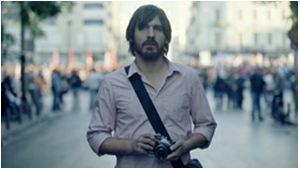
DEAD EUROPE (AUSTRALIA)
The one local film I caught at the festival, Dead Europe follows a Greek-Australian who travels to Europe to scatter his father’s ashes, only to discover dark family secrets that follow him wherever he goes. The filmmaking and performances are strong, but the movie never quite achieves the eerie, mystical feel is seems to be going for.
———————————————————————————————————
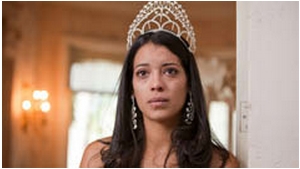
MISS BALA (MEXICO)
Based on a true story, Miss Bala follows a beauty pageant contestant who gets inexplicably caught up in the Mexican drug war. The filmmaking, which includes several spectacular one take tracking shots, is fantastic, but the fly-on-the-wall premise, intentionally withholding information and context from the viewer, becomes frustrating. Ultimately I think I liked the premise more than the movie.
———————————————————————————————————
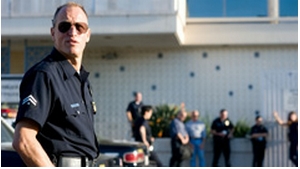
RAMPART (USA)
One of the festivals biggest disappointments, Rampart stars Woody Harrelson as a dirty LA cop whose past is beginning to catch up with him. Harrelson is good, but the man he plays is despicable and, worse, totally one-dimensional. Director Oren Moverman’s directorial approach – harsh
lighting, handheld camera work – does nothing to add edginess that is critically lacking from the script.
———————————————————————————————————
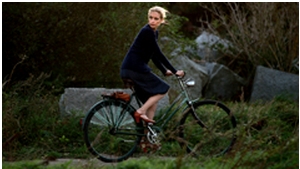
BARBARA (GERMANY)
A drawn-out dramatic affair about an East German doctor with plans to escape into the West, Barbara features strong performances and several powerful scenes, but ultimately goes on too long, and is too restrained to achieve much of an emotional effect.
———————————————————————————————————
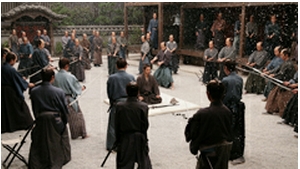
HARA-KIRI: DEATH OF A SAMURAI (JAPAN)
Despite the similarities in setting, Hara-Kiri: Death of a Samurai is a far cry from Takashi Miike’s previous period epic 13 Assassins. Instead of sword-swinging action, audiences are treated to a dour, ineffectual drama, while stately looking cinematography is undercut by typically pointless 3D. Another huge disappointment.
———————————————————————————————————
Feel free to check out my full reviews of Killer Joe, Headshot, Excision and Rampart at Moviedex.com.
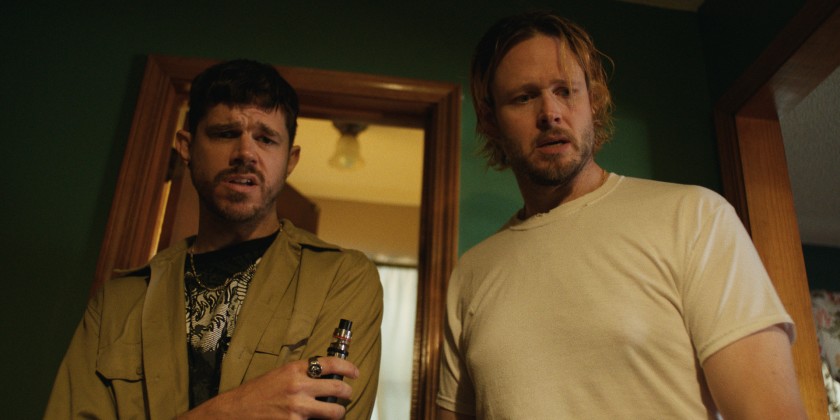
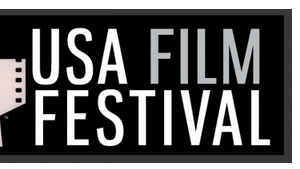
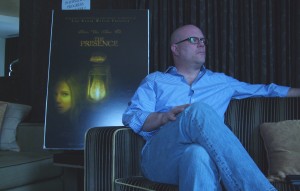
One Comment
Andrew Crump
I may be seeing Killer Joe sooner rather than later, so I’m glad it’s got your thumbs up. What was up with Hara-kiri? Too slow, too self-serious? How did it stack up against the original Masaki Kobayashi film?
Headshot and Excision also sound pretty great.